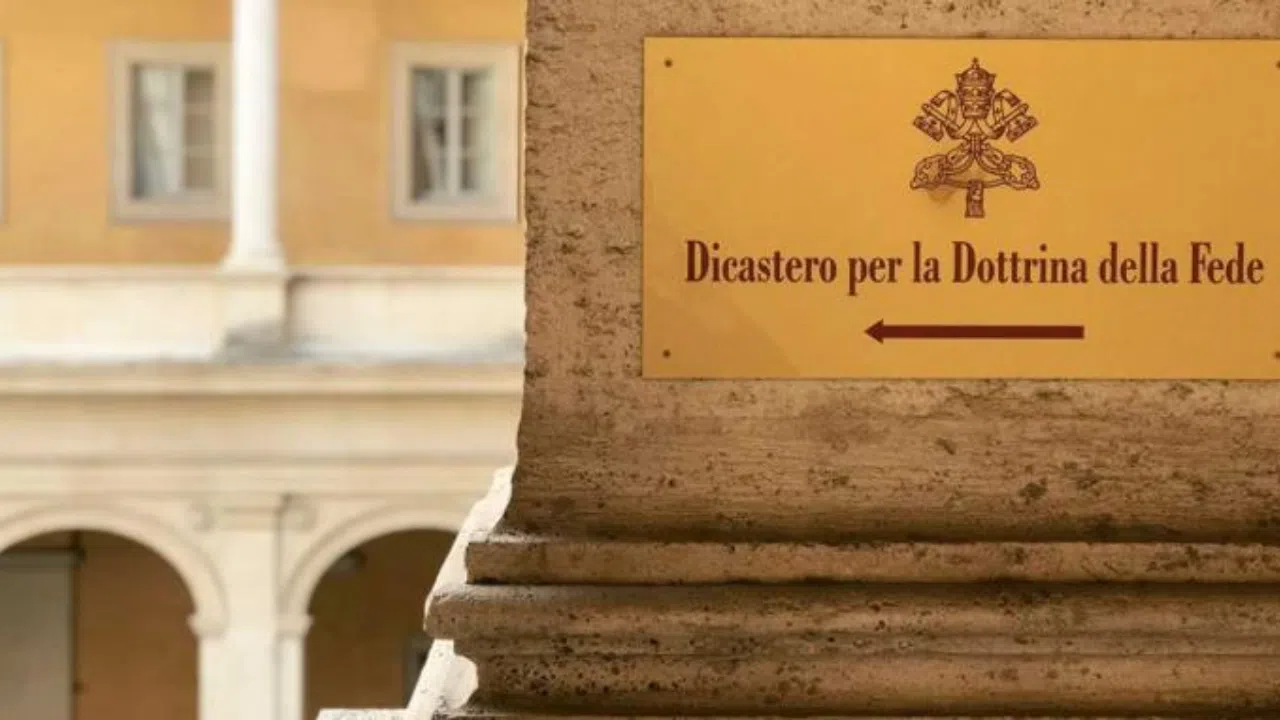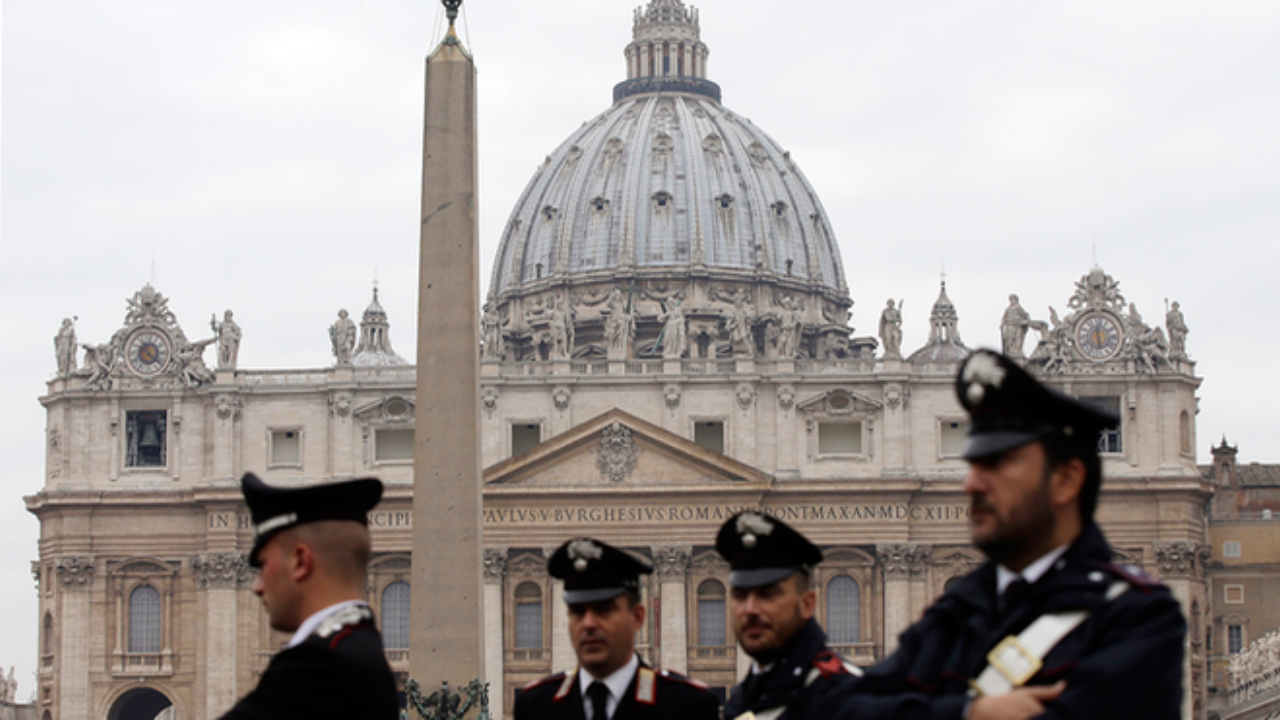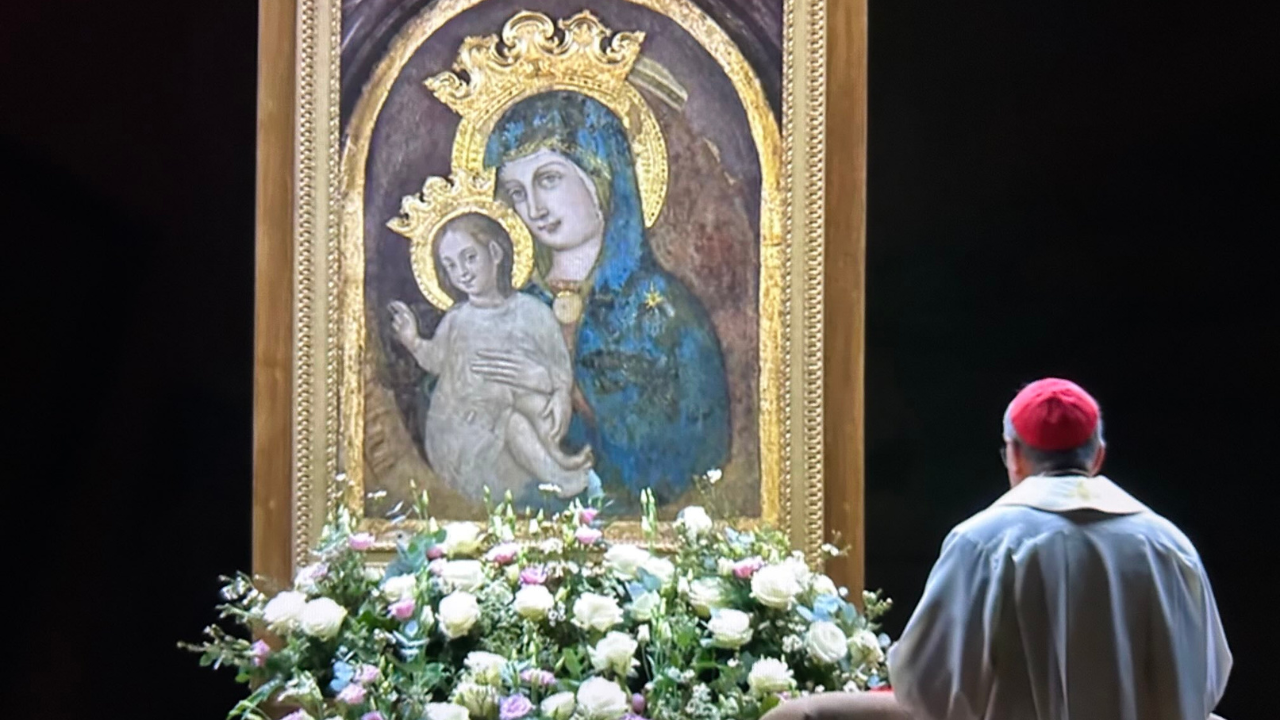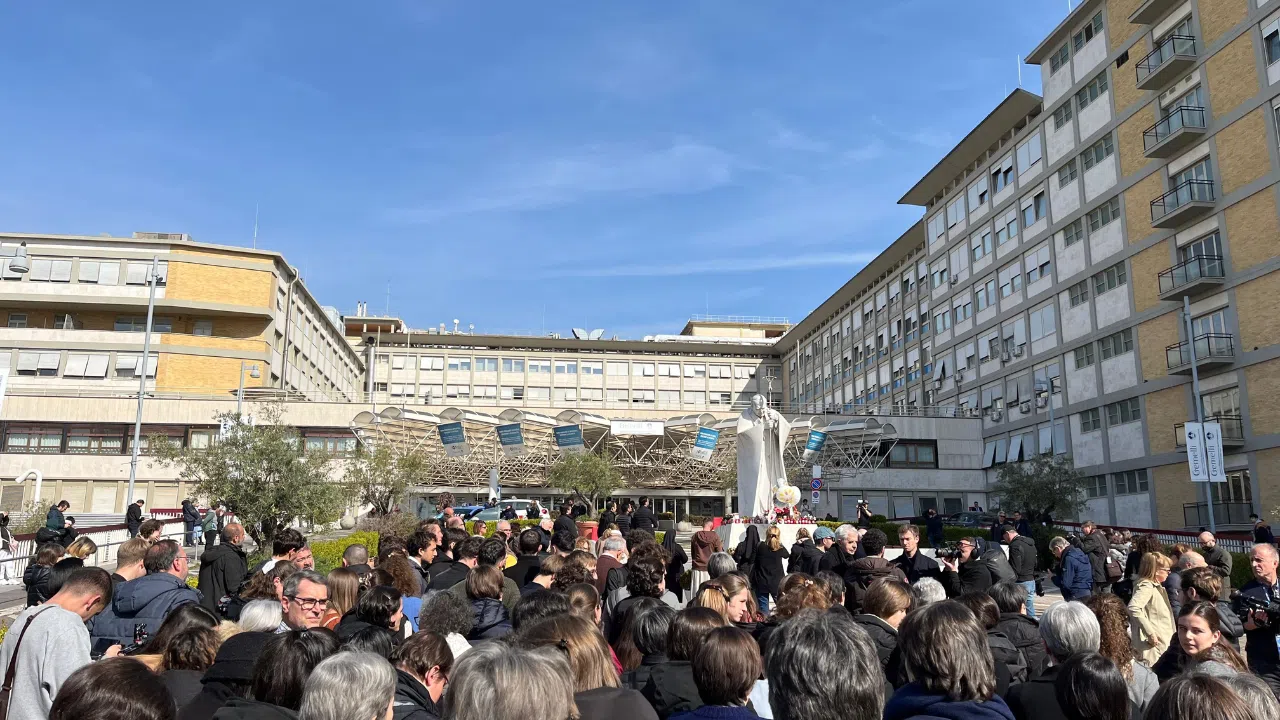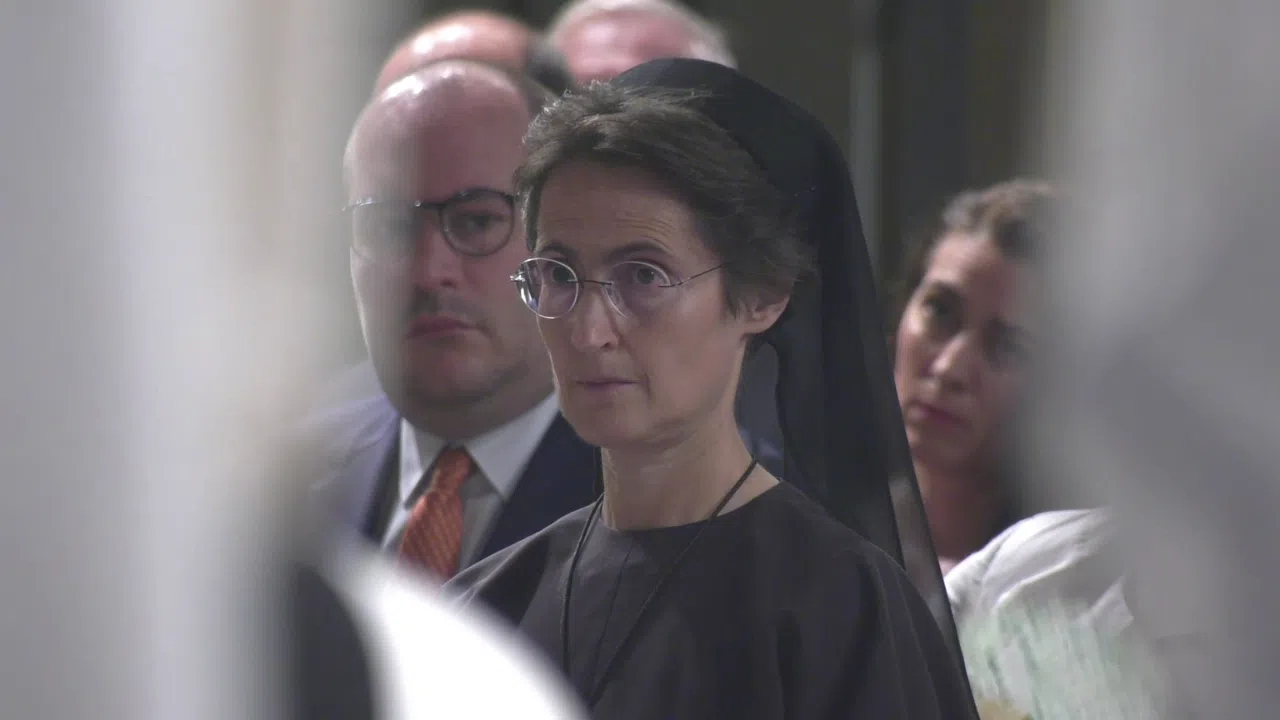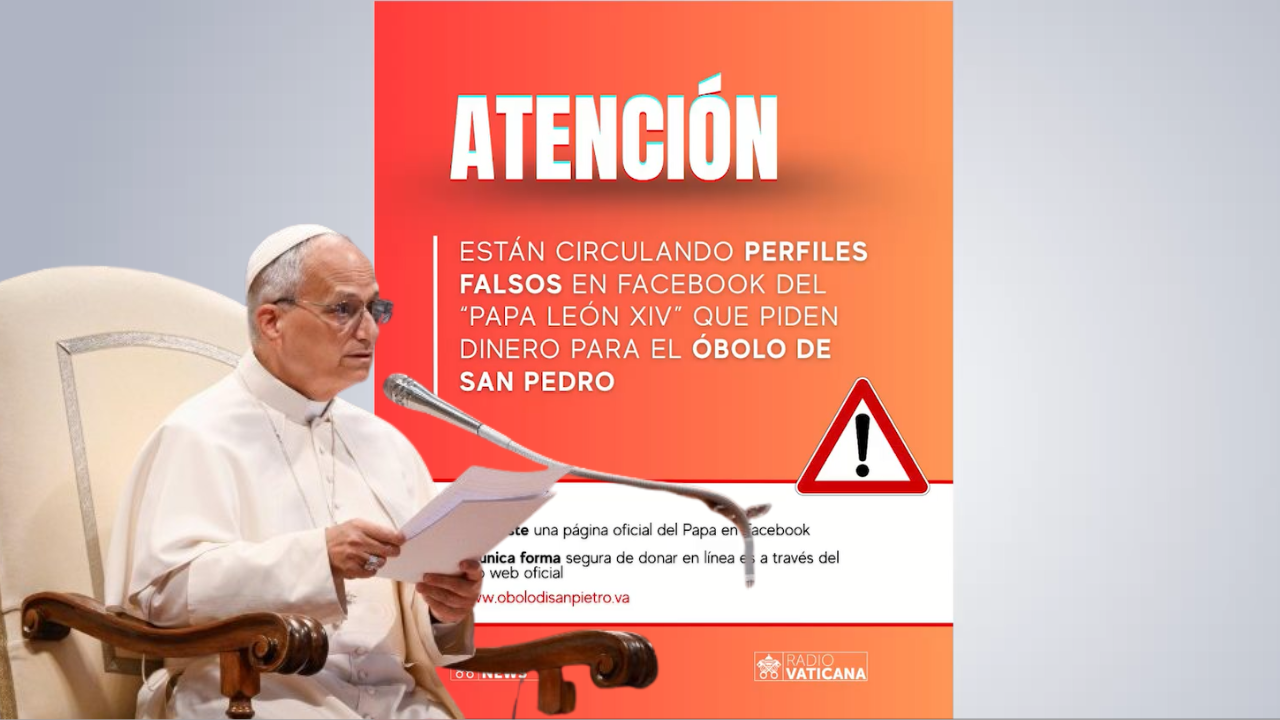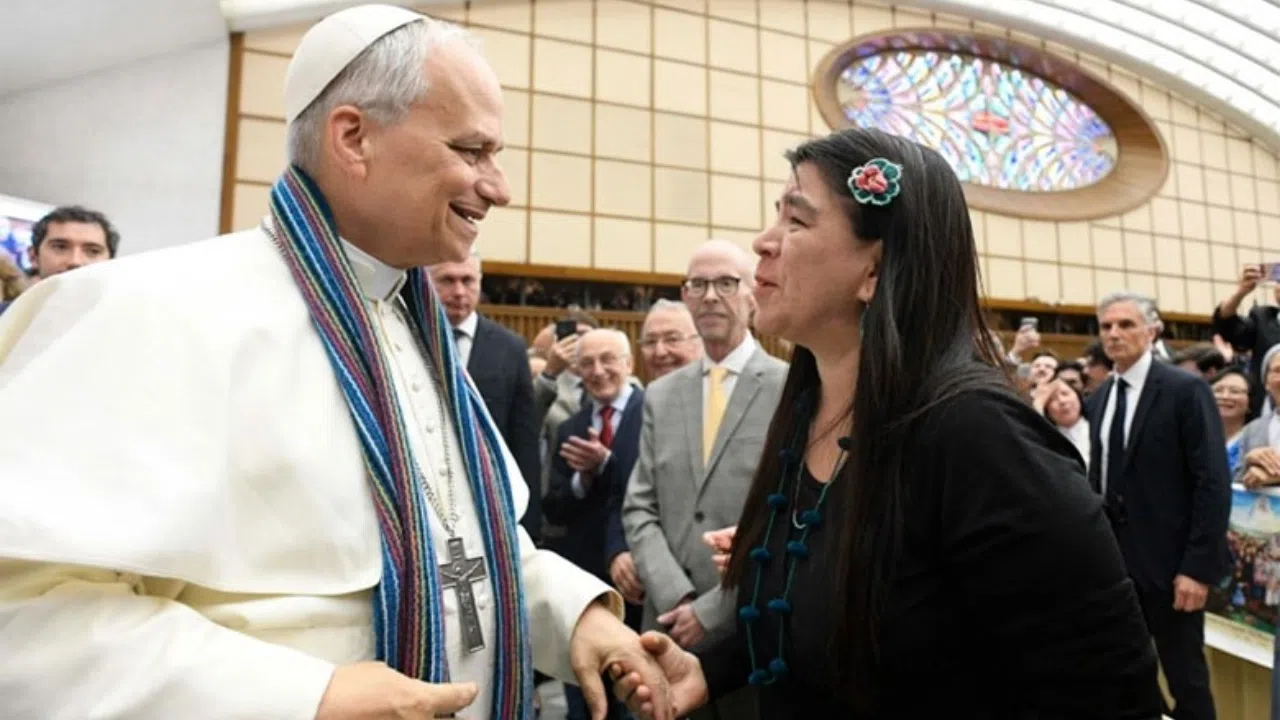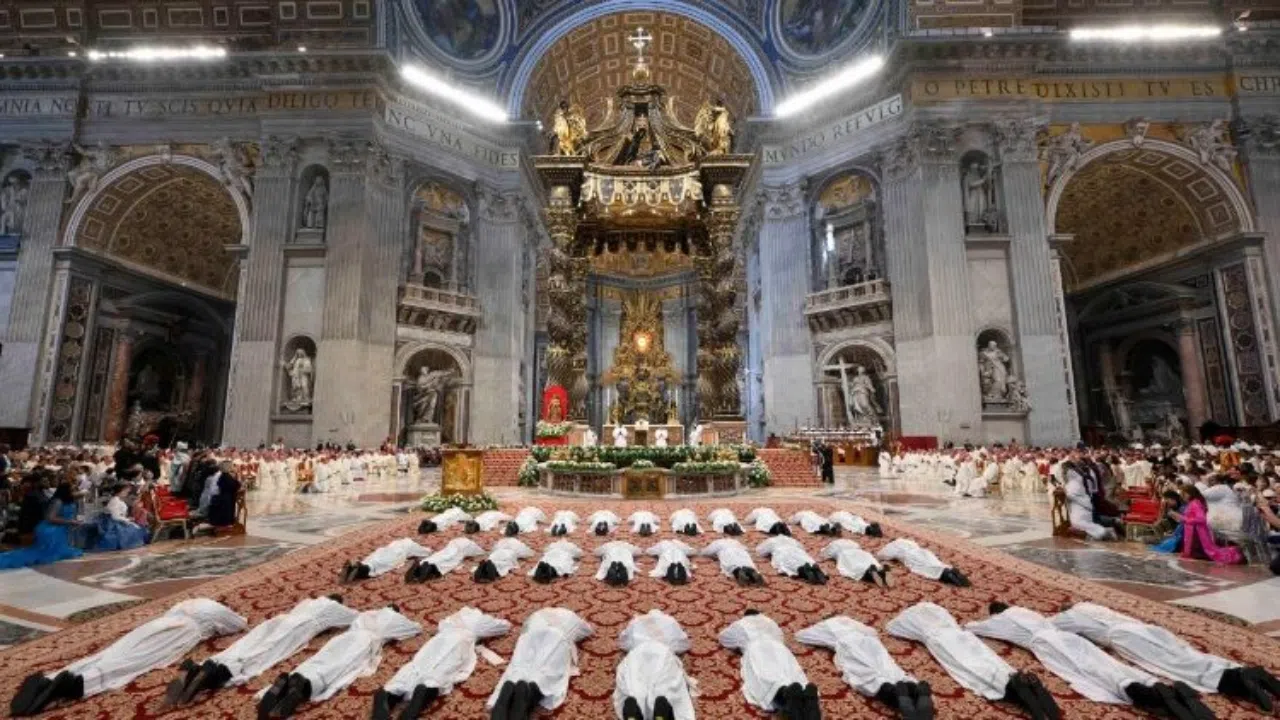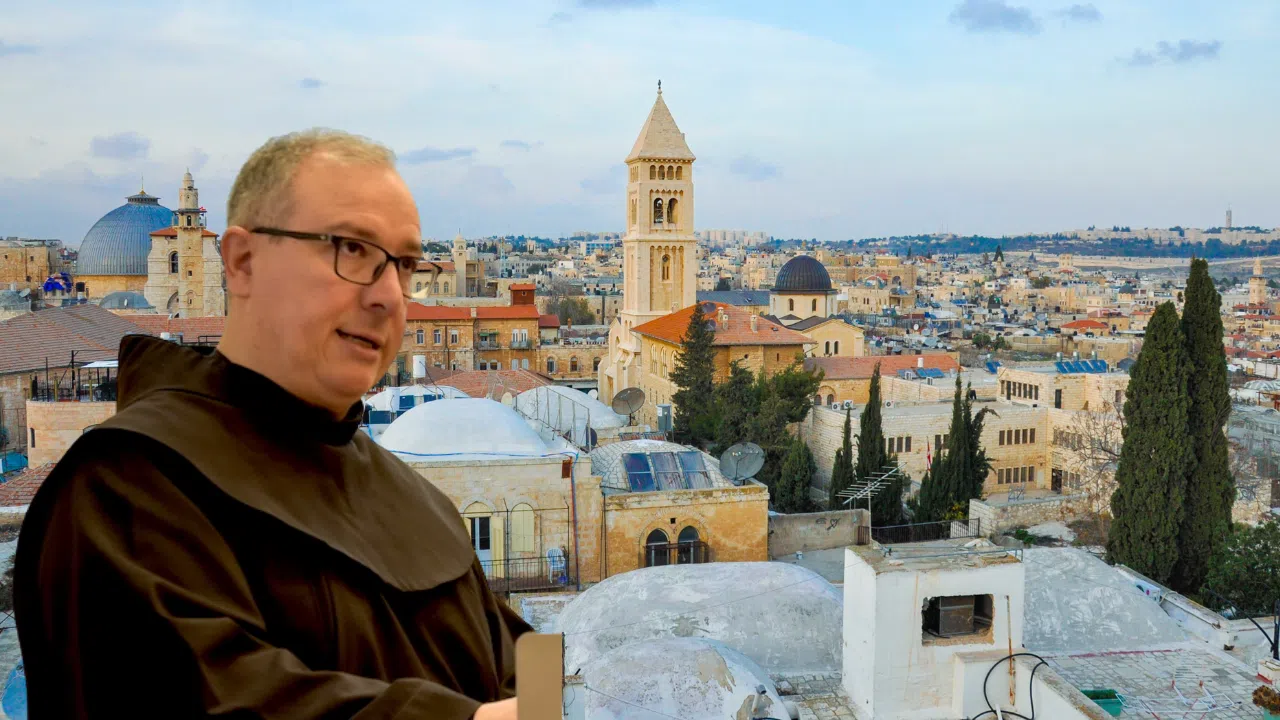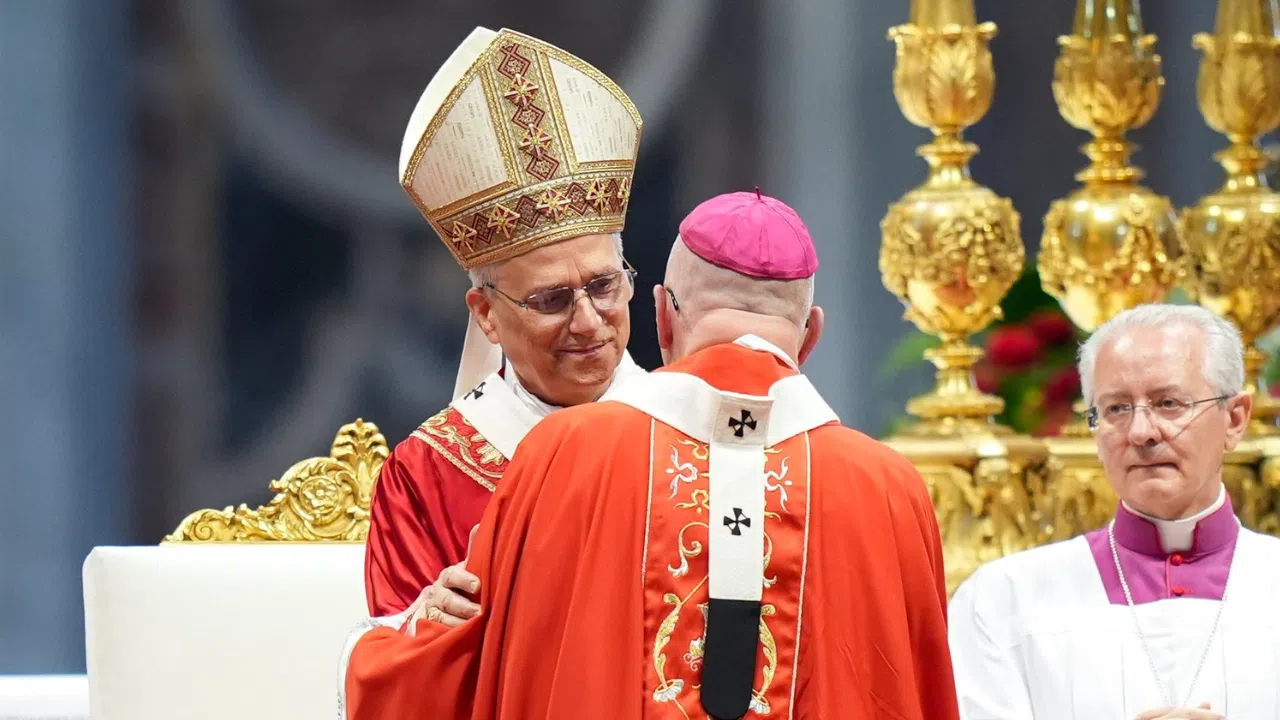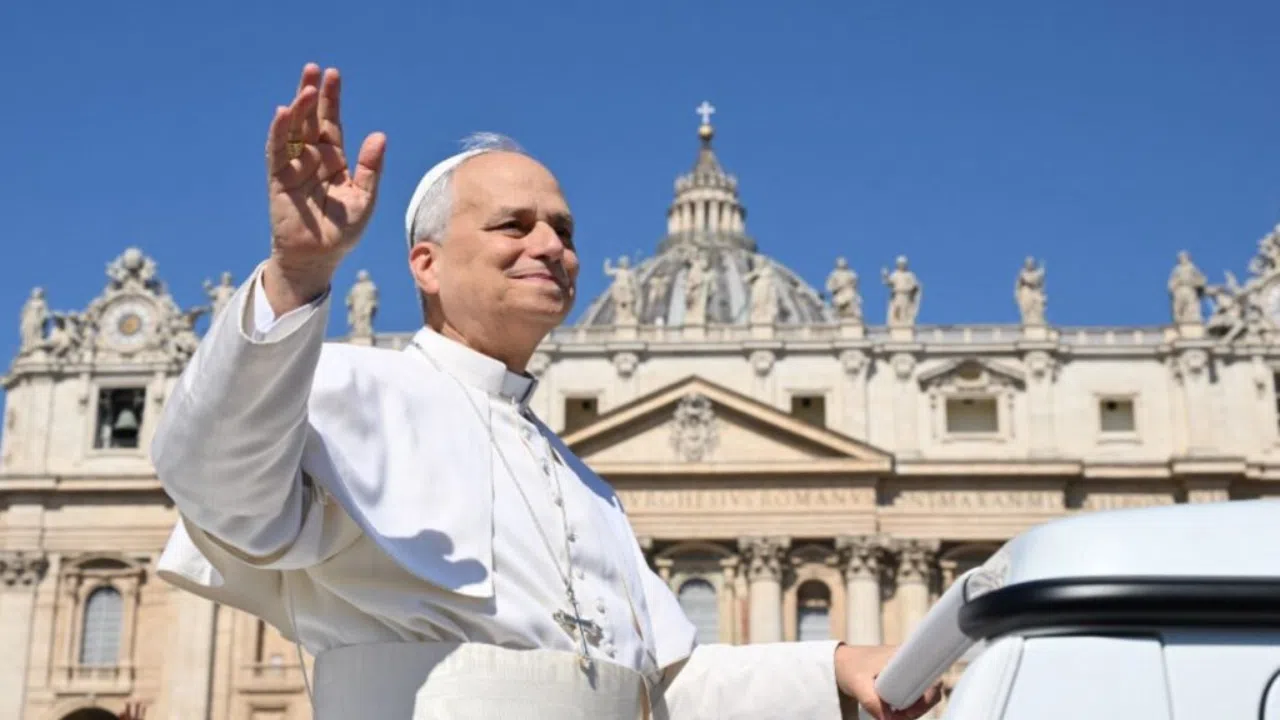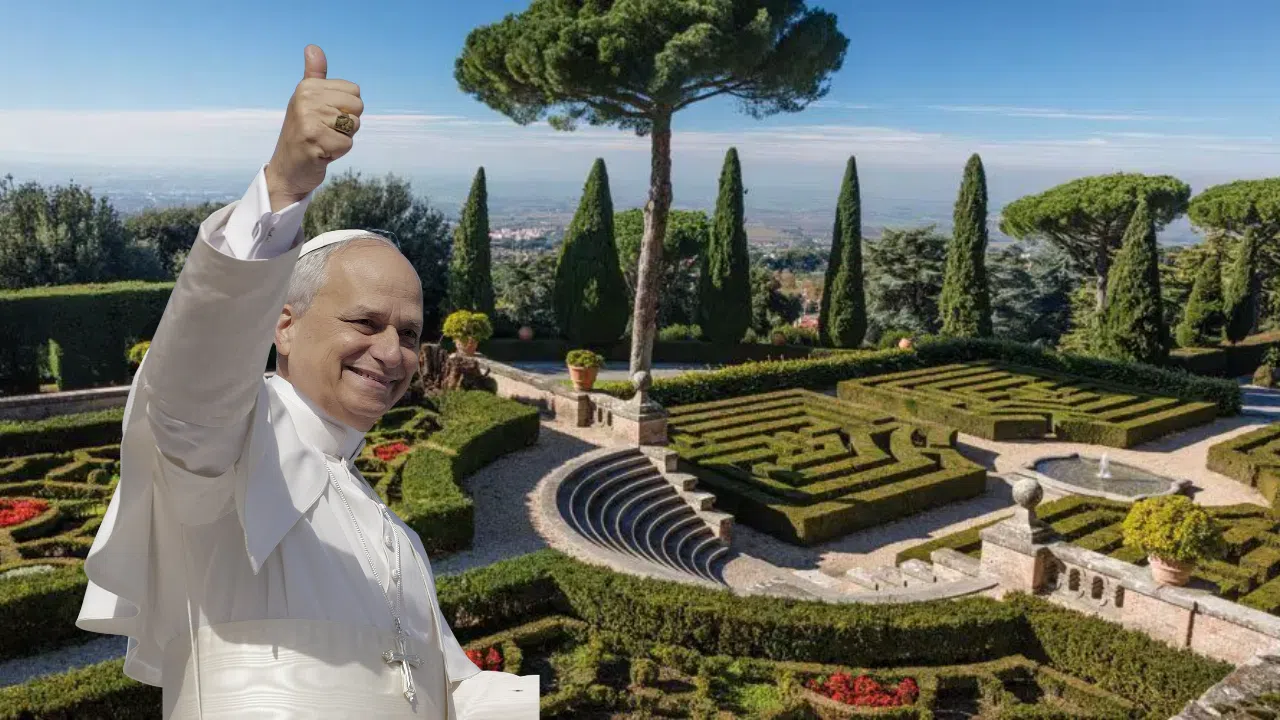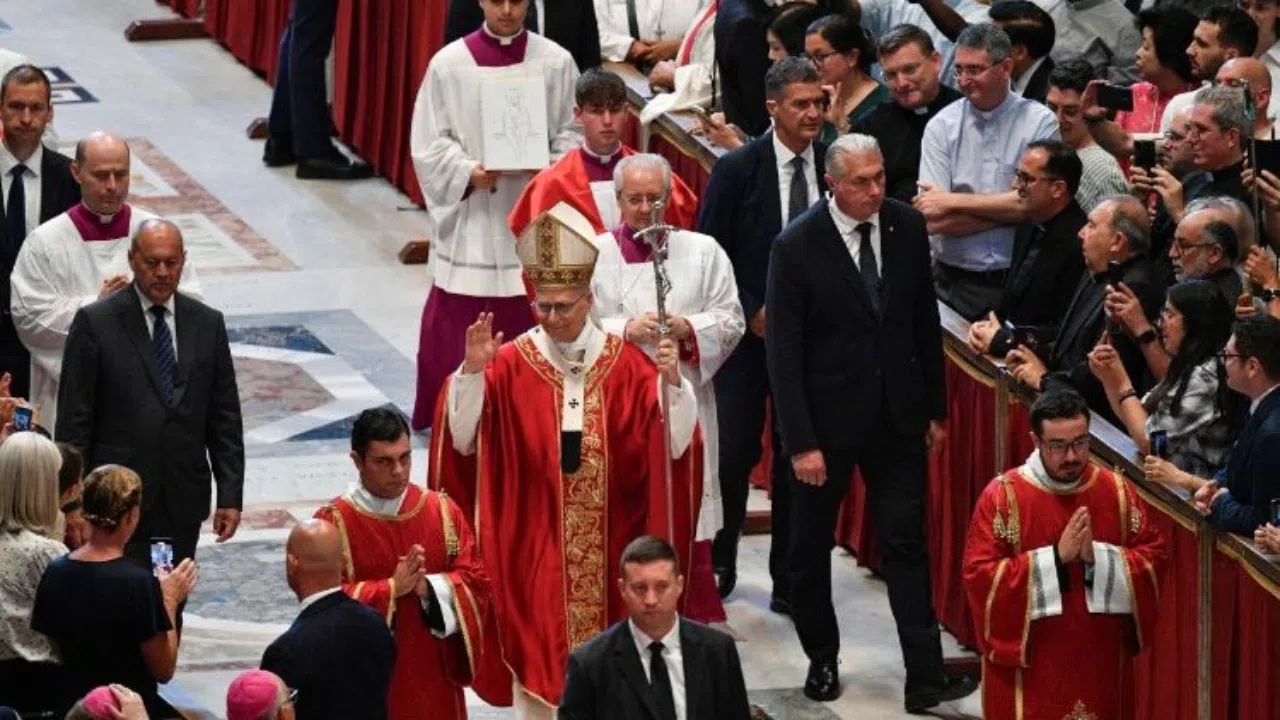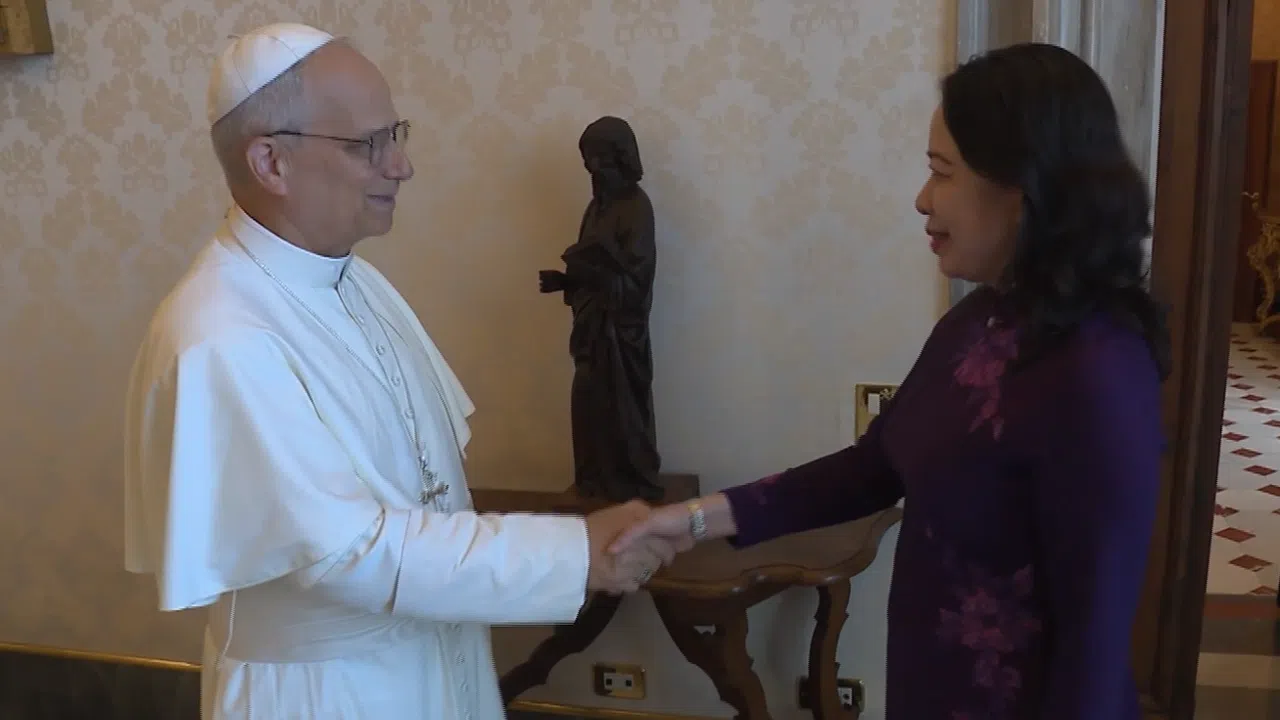In September 3, Pope Francis' Motu Proprio, Magnum Principium, will celebrate one year of the modifications that changed the way liturgical texts are translated.
With bishops containing more of the responsibility, an expert of liturgical texts explains how this change has affected them.
PROF. PIERANGELO MURONI
Liturgy expert
“For liturgists it's a very important document, because it changes some things, especially as far as the liturgical books are concerned. The Holy Father wanted to restore a certain authority to the local episcopal conferences in the tradition of liturgical books.”
In this way, when all the official Latin texts need to be translated to Spanish, English, or any other language, the responsibility is given to the bishops now. It's a decentralization of the Church contained at the Vatican, to the Church that is present around the world.
PROF. PIERANGELO MURONI
Liturgy expert
“I think this decision of the pope, this motu proprio was a positive point for the bishops. The bishops not only do the work of translating, but also have a responsibility. The bishops are successors of the apostles, so they have a particular role in the Church, also with their magisterium.”
In this document, the pope has established that there is no longer a recognition needed, but a confirmation of the sacred texts. Thus the Vatican affirms that what the bishops have translated is in line with Church doctrine and that each document has not be written only by interpretation.
In this way, the riches presented by the universal Church from the time of St. Peter are still being passed on to the bishops of today.


